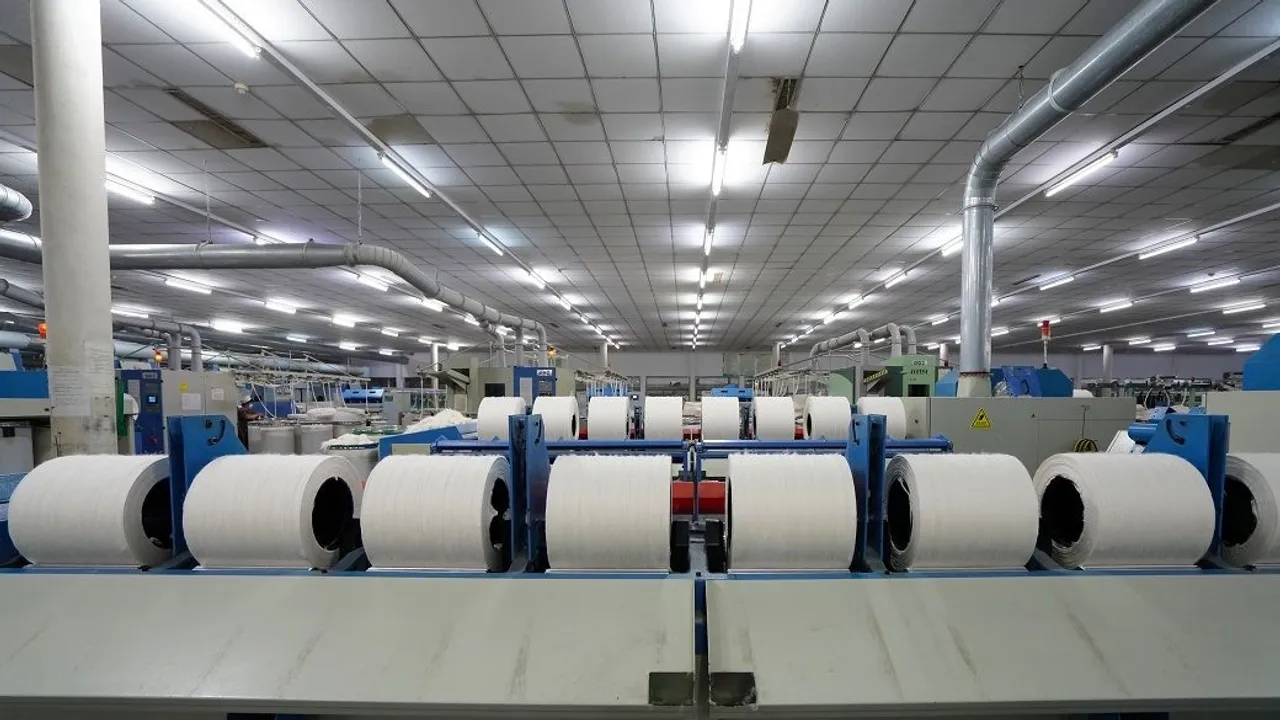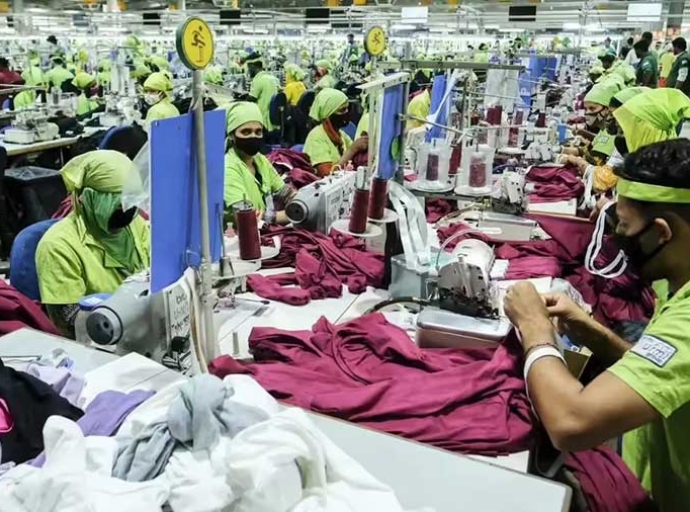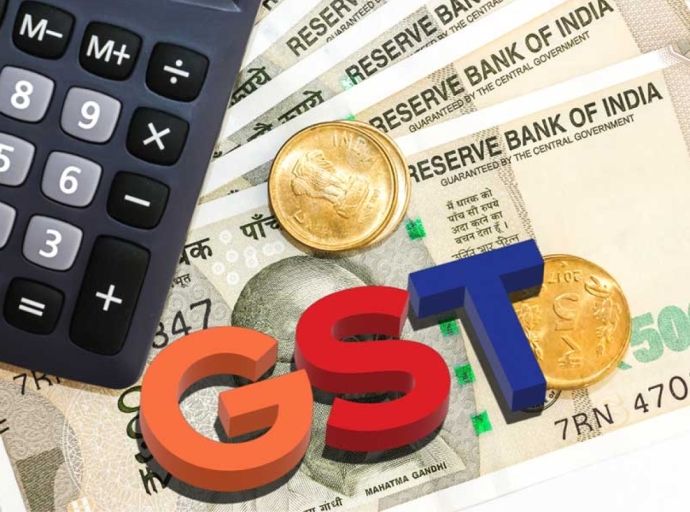Tamil Nadu's textile industry, which historically held a dominant position, is facing a threat to its competitive edge due to the attractive textile policies of other states such as Gujarat, Maharashtra, and Madhya Pradesh.
The Southern India Mills’ Association (SIMA) has underscored this concern, advocating for policy initiatives to maintain Tamil Nadu's status as the leading state in textiles and clothing manufacturing.
In response to SIMA's recommendations, the Tamil Nadu government, under the leadership of Chief Minister Thiru M.K. Stalin, has announced measures in the state budget to bolster the textile sector.
Notably, a 6 per cent interest subsidy for modernizing the spinning segment, with a budget allocation of Rs 500 crores, has been introduced to address the crisis facing the aging spinning machinery. This move aims to reduce capital costs and incentivize modernization efforts.
Additionally, the government has increased the special capacity subsidy for technical textiles and manufacturing from recycled products from 15 per cent to 25 per cent, recognizing their significance as future growth drivers and in meeting global demand.
Furthermore, significant budget allocations for various textile-related projects across different districts, such as employment generation initiatives and infrastructure development, are expected to enhance competitiveness and attract investments, particularly in rural areas.
The budget also includes provisions for promoting renewable energy, international skill development centers, and initiatives to boost entrepreneurship and export opportunities through a global startup summit. These measures align with global sustainability goals and aim to position Tamil Nadu as an attractive destination for investors and entrepreneurs.
Overall, the state budget reflects a concerted effort to revitalize Tamil Nadu's textile industry, address challenges, and capitalize on emerging opportunities to sustain its leadership position in the sector.
Latest Publications


































